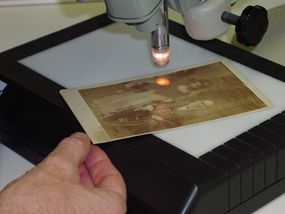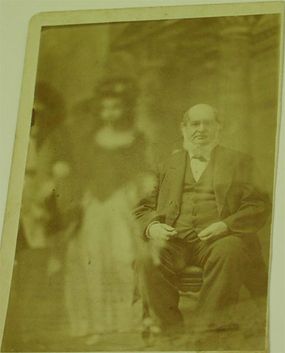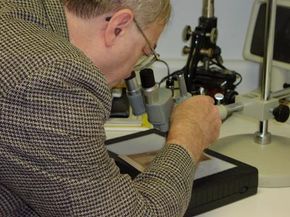The Scientific Method
Ghost-hunter clubs and societies have popped up all over the world. There is no government regulation of ghost hunters, nor is there an industry group that oversees their activities. These groups are almost all amateurs, and very few of them practice the scientific method. "Many of these groups are earnest and are making an honest effort to contribute to the field," said Liebeck. However, too many of them "are not in the business of conducting actual research or impartially evaluating evidence, but have apparently already decided what the 'truth' is and are just promoting their belief system. Waving a magnetometer in front of a TV set and announcing, 'They're here!' or photographing a bunch of flash-illuminated dust particles and proclaiming that 'The orbs are upset over our negative vibrations,' does not constitute an investigation."


Liebeck points out that many ghost hunters are going about it backward. They go into an investigation with an unchanging, dogmatic idea -- that ghosts exist. During the course of an investigation, they will interpret almost anything they find as evidence of an actual ghost. EVP recordings, cold spots or photographic anomalies all become additional ghostly phenomena, but the ghost hunters never seriously consider other, more earthly solutions. They start with the answer they want to reach before they begin investigating.
Advertisement
The scientific method, on the other hand, does not have a pre-ordained solution to paranormal problems. Ghost hunters like Joe Nickell are aiming neither to legitimate nor to debunk every ghost case they find. Instead, a paranormal investigator examines the evidence itself and then tries to find out where that evidence leads. In Joe Nickell's case, it has never led to an actual ghost.
For more information on ghost hunting, ghosts and other paranormal phenomena, check out the links below.
Related HowStuffWorks Articles
Partner Links
More Great Links
Sources
- Interview 1: Joe Nickell, Dec. 1, 2004.
- Interview 2: Randy Liebeck, Dec. 2, 2004 (e-mail interview).
